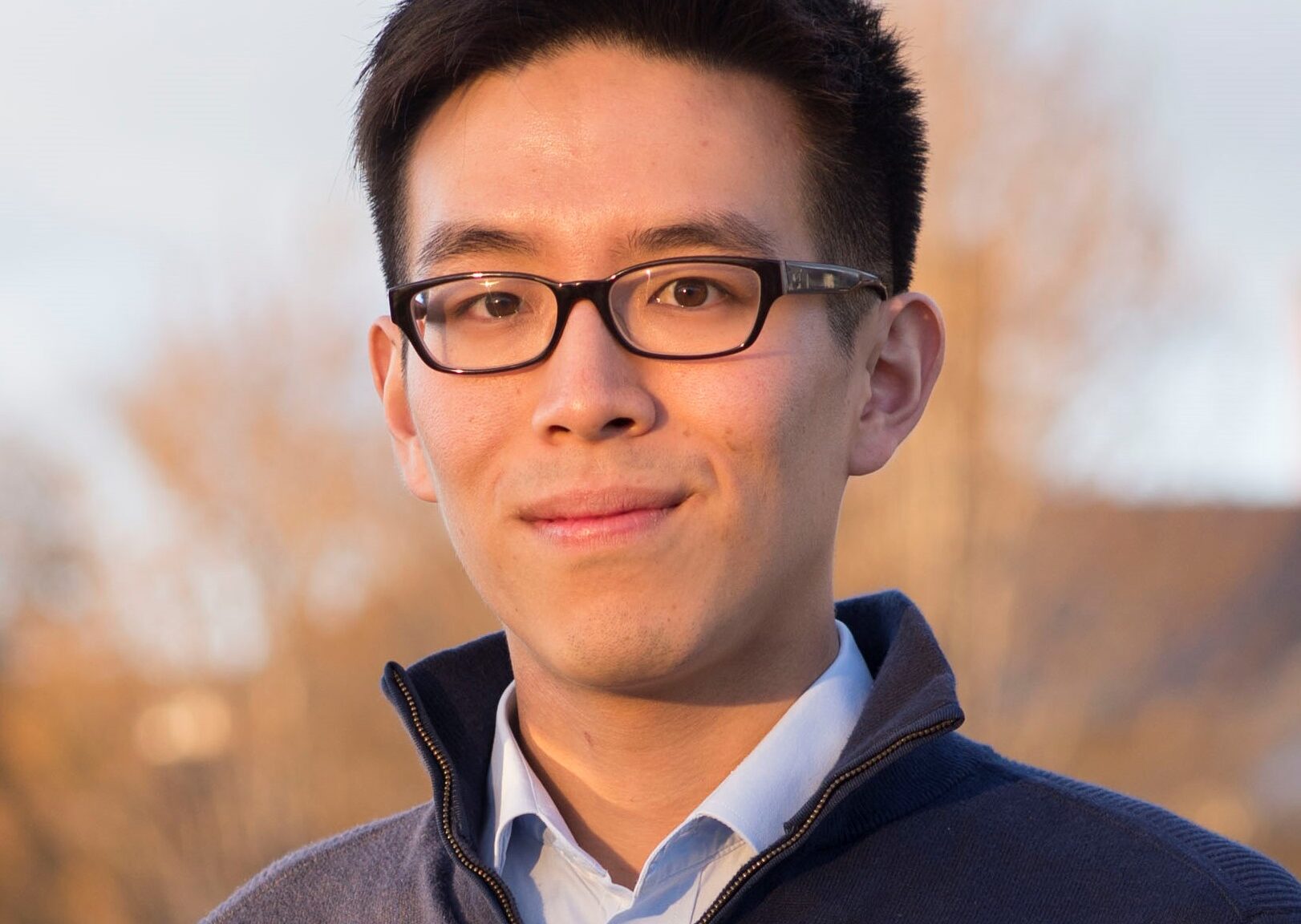Abstract: Protecting intellectual property is a crucial component of any firms’ strategy to commercialize their innovations. However, in the presence of strong complementarities, firms may weaken such protections to benefit from network externalities. The exact nature of these trade offs are difficult to measure because firms’ IP decisions are endogenous. This paper studies the impact of several reverse engineering events which exogenously enabled some wireless chips to interface with the Linux kernel, a free/open source operating system. I show that despite concerns regarding ease of imitation, wireless card usage increased after the reverse engineering events. I first document differences between proprietary and open wireless chips and show open wireless chips last longer. I use a differences-in-differences approach and show reverse engineering causes wireless chips to be used on 3.2 more routers over its life, a 24 percent increase. I conclude with implications for technology strategy.
Speak Bio: Do Yoon Kim is a fifth year Doctoral Student in the Strategy unit at the Harvard Business School. He is interested in the reasons for corporate participation in the Free and Open Source (FOSS) software community, and its implications. Currently he is studying potential labor market benefits of FOSS participation, and issues relating to intellectual property rights in FOSS
